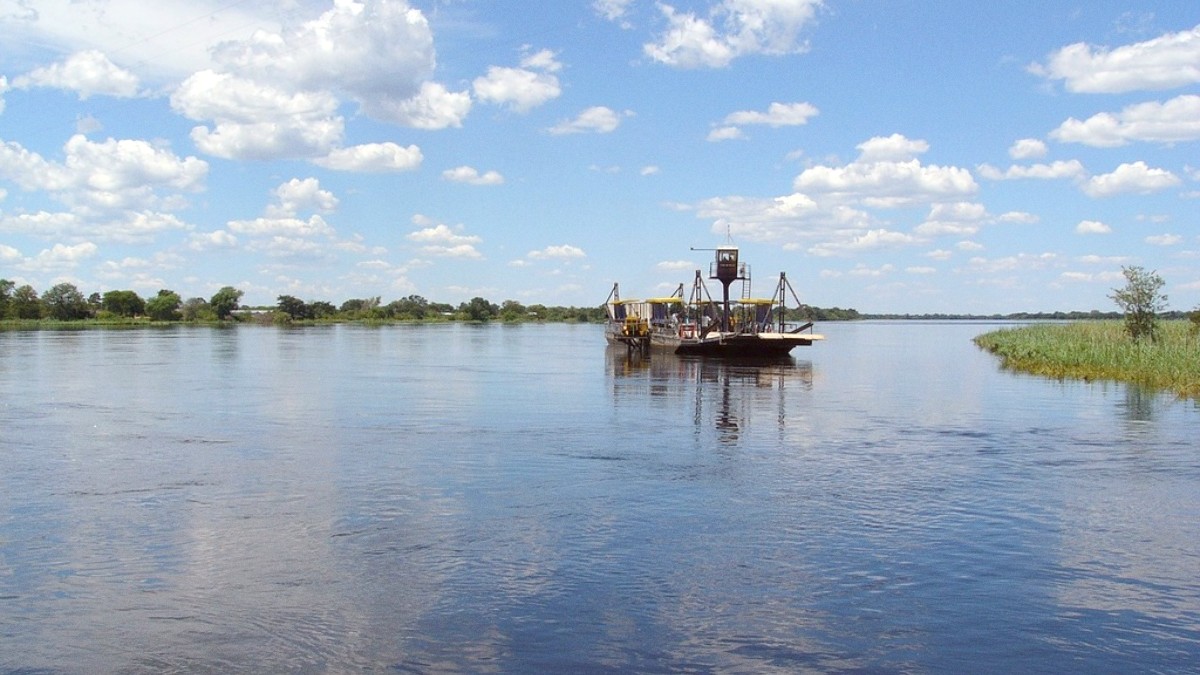
Botswana
Dry Season (May-October): Daytimes are warm to hot (25°C to 35°C / 77°F to 95°F). Nights and early mornings are cool to cold (5°C to 15°C / 41°F to 59°F). October often brings intense heat. Very little to no rainfall. Humidity levels are low.
Wet Season (November-April): Hot and humid. Daytime temperatures often exceed 30°C (86°F). Short, intense afternoon thunderstorms are common from December to February. High humidity levels make the heat feel more intense. The landscape transforms from dry to lush.
Wildlife Viewing: July to October (dry season) presents optimal sightings. Animal concentration around water sources and sparser vegetation creates the best opportunities.
Birdwatching: November to April (wet season) excels, with many migratory species and breeding plumage.
October & November
Plan activities for early mornings and late afternoons. Rest during the hottest part of the day.
Temperatures often exceed 38°C (100°F) before the onset of rains.
January & February
Carry light rain gear. Showers are typically short and clear quickly.
Heavy afternoon thunderstorms are common. They rarely disrupt entire days of activities.
May-October (Flood Season)
Possible year-round in permanent water areas. Flood season offers the most expansive water-based experiences.
Water levels vary, influencing access to certain channels and lagoons.
Camps book far in advance, sometimes a year or more. Prices are at their highest. More tourists are present, though private concessions manage this effectively. Cooler nights and mornings warrant warm clothing.
Prices are significantly lower, making a safari more affordable. Fewer tourists contribute to a more intimate experience. Wildlife viewing presents more of a challenge as animals disperse with widespread water and food. Some roads might become impassable due to rain, potentially restricting vehicle access. High humidity and heat bring discomfort. Tsetse flies are more prevalent.
Delta remains lush from lingering wet season. Floodwaters begin to arrive. Wildlife viewing improves. Fewer tourists than peak season, and prices can be slightly lower.
Known as the "Green Season" transition. First rains arrive, refreshing the landscape. Excellent birding as migratory species return. Fewer tourists, and prices begin to drop. Dramatic skies provide great photography.
Potential for 10-20% savings compared to peak season rates.
A good balance of game viewing and lush scenery.
Unique opportunities with green landscapes and dramatic skies.
Requirements vary by nationality. It is prudent to check them well in advance of your trip.
Many nationalities, including the United States, United Kingdom, Canada, Australia, New Zealand, South Africa, and most European Union member states, do not need a visa for tourist stays up to 90 days. A valid passport supports entry.
Your passport must maintain validity for at least six months beyond your intended departure date from Botswana, with at least two blank pages for entry and exit stamps.
The Okavango Delta, a high-value, low-impact safari destination, generally presents higher costs compared to other African safari locations.
The remote nature of the destination means preparation is a must.
Healthcare facilities are very limited within the Okavango Delta itself. Safari camps have first aid kits and staff trained in emergency response, but they are not medical facilities.
Maun, the gateway town, hosts a public hospital and some private clinics. For serious medical emergencies, however, evacuation to a major hospital (e.g., in Gaborone, Botswana's capital, or Johannesburg, South Africa) is frequently required.
Most reputable safari packages include emergency medical evacuation to a suitable medical facility. Travel insurance with comprehensive medical evacuation coverage is absolutely mandatory. Confirm this coverage with your insurance provider.
Do not drink tap water in Botswana unless a sign explicitly states it is potable. Safari lodges typically provide filtered, safe drinking water in reusable bottles or dispensers.
Prioritize drinking water provided by camps. A LifeStraw or purification tablets add an extra layer of safety.
Avoid tap water unless confirmed safe. Unsafe water causes gastrointestinal issues.
Safari camps maintain high hygiene standards in their kitchens. Eating at reputable establishments in towns minimizes risks.
Enjoy meals within your safari camp. They adhere to high culinary and safety standards.
Avoid street food that appears unhygienic or poorly prepared in towns.
Crime is virtually non-existent within safari concessions and camps. These areas maintain high security. The main risks relate to wildlife encounters if proper safety protocols are not observed.
Maun is generally safe. Exercise standard precautions as you would in any town globally.
Petty crime, like pickpocketing, might occur in busy Maun areas. Avoid walking alone at night. Anti-theft bags add security.
| Category | Detail | Guidance |
|---|---|---|
| Exit Fees | Departure tax for international flights. | Typically included in your air ticket price. Confirm with airline. |
| Departure Timing | International flights (via JNB). | Arrive at Maun/Kasane airport at least 2 hours before scheduled regional flight. |
| Airport Facilities | Maun and Kasane Airports. | Basic amenities: check-in, small shops, limited dining. |